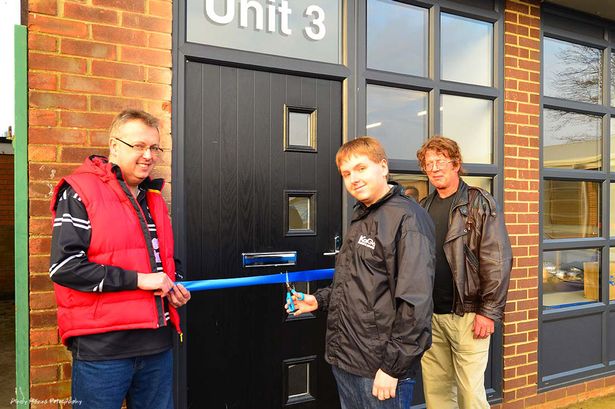Home
About Us
Advanced Neural Prosthetics Research and Development Program
by: Michael SaundersThe National Institutes of Health, otherwise known as NIH, is an agency operating within the United States Department of Health and Human Services that is fundamentally responsible for pursuing and supporting all of the country's biomedical and health-related research studies.
|
|
The programs and objectives of the NIH are tailored to contribute to the achievement of their agency mission, which is to "seek fundamental knowledge about the nature and behavior of living systems and the application of that knowledge to enhance health, lengthen life, and reduce the burdens of illness and disability."
In keeping with this mission, the National Institutes of Health has formed a partnership with the National Institute of Neurological Disorders and Stroke (NINDS) and the National Institute of Biomedical Imaging and Bioengineering (NIBIB) to establish the Advanced Neural Prosthetics Research and Development Program.
The Advanced Neural Prosthetics Research and Development Program intends to solicit proposals that seek to pursue research studies regarding neural prosthetics.
Neural prosthetics are the type of prosthetics that are typically associated with nerves and the nervous system. In cases where there nervous systems suffers from a loss or diminished function resulting from diseases or injuries, neural prosthetics can help restore of supplement these functions.
(continued...)
Advanced Neural Prosthetics Research and Development Program
Page 2
About The Author
Michael Saunders is an editor of TopGovernmentGrants.com one the the most comprehensive Websites offering information on government grants and federal government programs. He also maintains Websites providing resources on grants for youth programs and home improvement grants. |
Additional Resources
category - Health Grants
2012 Tuberous Sclerosis Complex Clinical Trial Award Program
Pilot Surveillance System for High Impact/Low Prevalence Congenital and Inherited Conditions Program
HRSA: Reducing Loss to Follow-up after Failure to Pass Newborn Hearing Screening
Research to Advance Vaccine Safety Program
Follow @topgovtgrant
Social Entrepreneurship
Spotlight
Hexham Social Enterprise Launches Workshop to Provide Training for the Unemployed

A Gilesgate-based shop and community facility, Hexham’s Core Music, launches a separate workshop where up to six people will be trained how to repair guitars and make ukuleles. The European Social Fund grant supported the project and has secured funds through the County Durham Communication Foundation to equip the workshop in Burn Lane.
